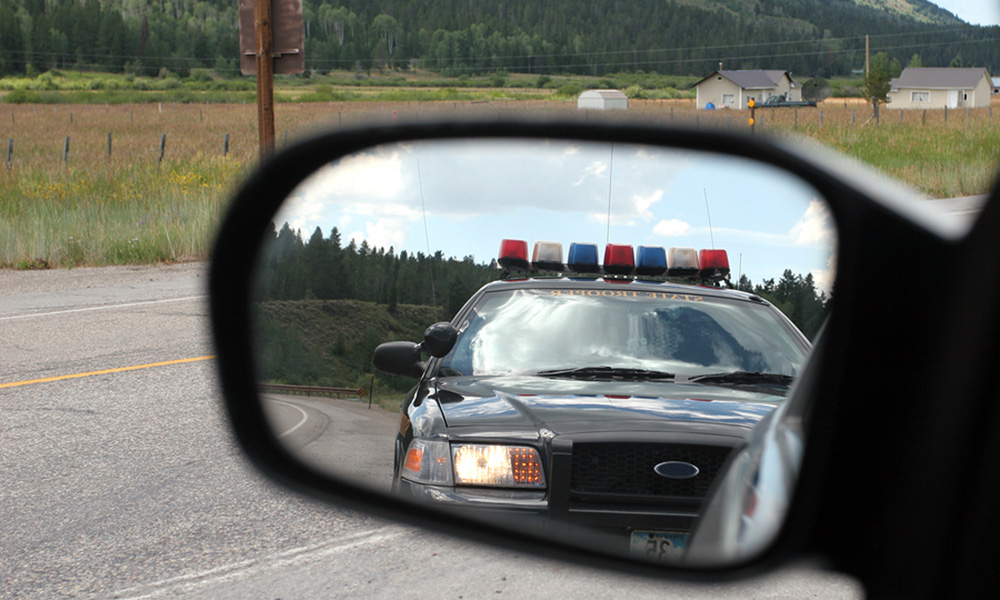You have the right to defend yourself when you are attacked. It’s not a right that the government gives you. In the legal systems of Western civilization, from the beginning, self-defense has been considered an inalienable right given us by God and/or Nature, and the government’s duty is simply to protect the self-defense right that you were born with.
If you are charged with a crime in the state of New York – particularly an assault, battery, or homicide – and you believe that you were acting in self-defense, arrange at once to consult an experienced assault and batter lawyer.
When can you legally defend yourself if you are attacked in New York? Like everything else in the law, the answer is at once simple and complicated – “It depends.”
When you offer self-defense as your defense against a criminal charge, you are admitting that you committed the act, but you’re claiming that in your case, your action was legally justifiable. New York law precisely defines “justification” (in New York Penal Code Article 35). You may only defend yourself in a way that is “proportionate” and “reasonable.” In other words, if someone walks up and punches you in the nose, you are probably justified if you punch that person in the nose, but you are not justified if you take out a pistol and shoot the person. But if you punch the person in the nose and the person pulls out a switchblade, shooting that person may or may not be at that point justifiable. Every case is different, and every case is considered individually. Justification works as a defense in New York courts only if two conditions are met:
- You genuinely believed that you had to use force to defend yourself.
- A neutral and average person looking at the situation would reach the same conclusion.
Although much less common than self defense, sleepwalking is another defense that can be used to justify a crime. Sleepwalking has been used as a successful criminal defense for everything from arson to murder. A report from the Sleep Epidemiology Research Center at Stanford University estimates that 29 percent of adults have sleepwalked at least once. Sleep researchers – who can measure the brain’s electrical patterns to determine if a person is awake or asleep – have seen people sleep-talk, sleepwalk, and even eat in their sleep, right in the laboratory. Experts do not classify sleepwalking as a mental illness but rather as a sleep disorder. Sometimes while sleepwalking, people have committed serious crimes.
Sleepwalking is only successful as a criminal defense if several elements are in place. An acknowledged record of sleepwalking by the defendant, established by eyewitnesses, is almost essential. It’s also vital that there’s no motive for the crime. If both of these elements are in place, a jury may be willing to consider a sleepwalking defense.
Justification and self-defense are quite complicated in New York law. If you’re charged with any crime on Long Island or in any of the five boroughs, get legal help at once, and contact an experienced Queens criminal defense lawyer immediately.











Comments are closed.